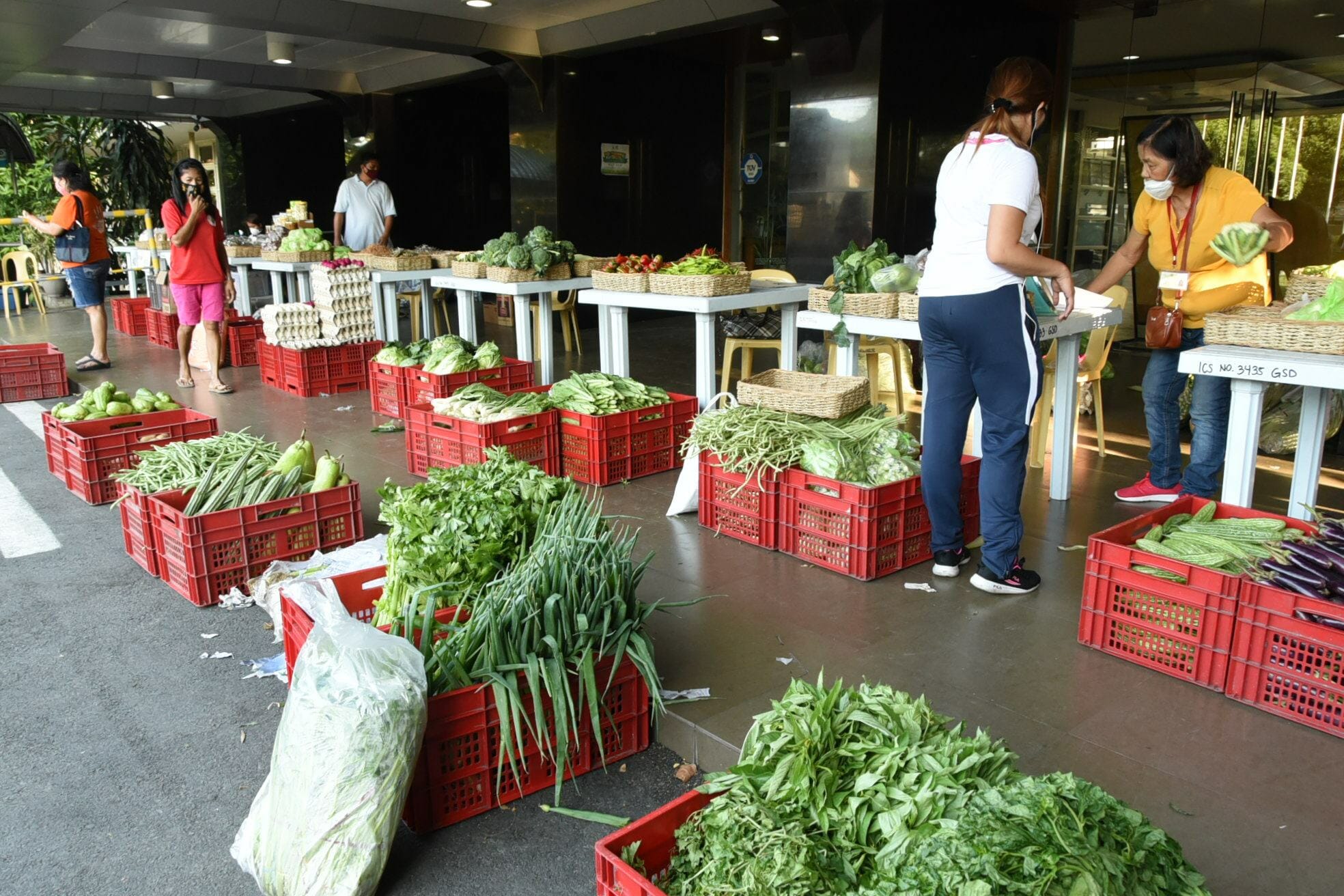The government of the Philippines is boosting a state-led agribusiness marketplace initiative with technology and private sector partnerships to help farmers and consumers during the Covid-19 crisis.
The country’s Department of Agriculture (DA) originally launched the project alongside the Department of Interior & Local Government and state-owned enterprise Food Terminal Inc in September last year.
Named ‘Kadiwa ni Ani at Kita,’ the initiative aims to link farmers, growers, and fishermen directly with Filipino consumers, in order to provide low-income households with access to cheap and fresh local produce.
It resurrects an earlier network of state-run ‘Kadiwa stores’ which sold locally sourced groceries to poorer Filipinos during the 1980s.
Now the DA is accelerating and expanding the project to support Filipino communities amid strict lockdown measures implemented in the wake of the Covid-19 pandemic.
Kadiwa Express will work with private-sector logistics and supply chain partners to transport products from rural food trading centers – where smallholders and other producers send their goods – to drop-off points in urban areas. The service will also distribute food to associations, cooperatives, and retailers that have made bulk purchases from producers.
Going online
Individual consumers and retailers alike will also be able to buy farm produce via Kadiwa Online. The DA has joined forces with local e-commerce player HomeGrown to list Kadiwa products on its site. Purchases are delivered straight to the shopper’s doorstep, with a fixed delivery fee going to third-party delivery drivers. Payment by bank transfer or cash-on-delivery is accepted.
In addition, Kadiwa On Wheels will sell fresh meat and vegetables out of trucks that visit different areas of the country, complementing the system’s existing network pf physical stalls.
“During the initial implementation of the [lockdown] there have been hurdles and challenges in the movement of agri-fishery products. So we are making some adjustments in our Kadiwa program, using simple and technological solutions, to ensure continuous and unhampered supply of fresh produce to consumers, particularly those in metropolitan areas,” said agriculture secretary William Dar in a statement.
Increased engagement
Speaking at a virtual conference yesterday, Dar said that Kadiwa has “engaged” close to 12,000 stakeholders on the supply side, including farmers, market porters, packagers, and truckers, giving them a chance to secure an income during these trying times.
He reported that 5,568 farmers using one rural food trading center in Benguet province, around 400 km north of the capital Manila, had “directly benefited” from selling via the updated, tech-enabled Kadiwa program.
“We are happy that our Kadiwa program serves a double-edged purpose of reaching out to farmer-producers and other community workers, while providing access to fresh and affordable food to consumers,” Dar said.
Covid-19 disruption
A recent report by Food Industry Asia (FIA) and PricewaterhouseCoopers (PwC) suggested that public-private collaboration would be vital to overcoming Southeast Asia’s long-term food security problems, which have been compounded by Covid-19.
According to the report, 28% of the Philippines’ population works in the food industry, which contributes 17% of the country’s GDP.
Respondents from food businesses operating in the region told FIA and PwC that supply disruptions, consumers’ reduced access and ability to pay, and restrictions on the movement of goods are among the biggest challenges they’re facing at the moment.
Highlighting long-term impacts of Covid-19 on food security in Southeast Asia, 29% of respondents said they expected increased government focus on the issue, with 24% expecting further diversification of supply chains and 3% looking forward to closer relationships between smallholders and the rest of the industry.
How’s your government using tech to help farmers and consumers at this time? Let me know at [email protected]





